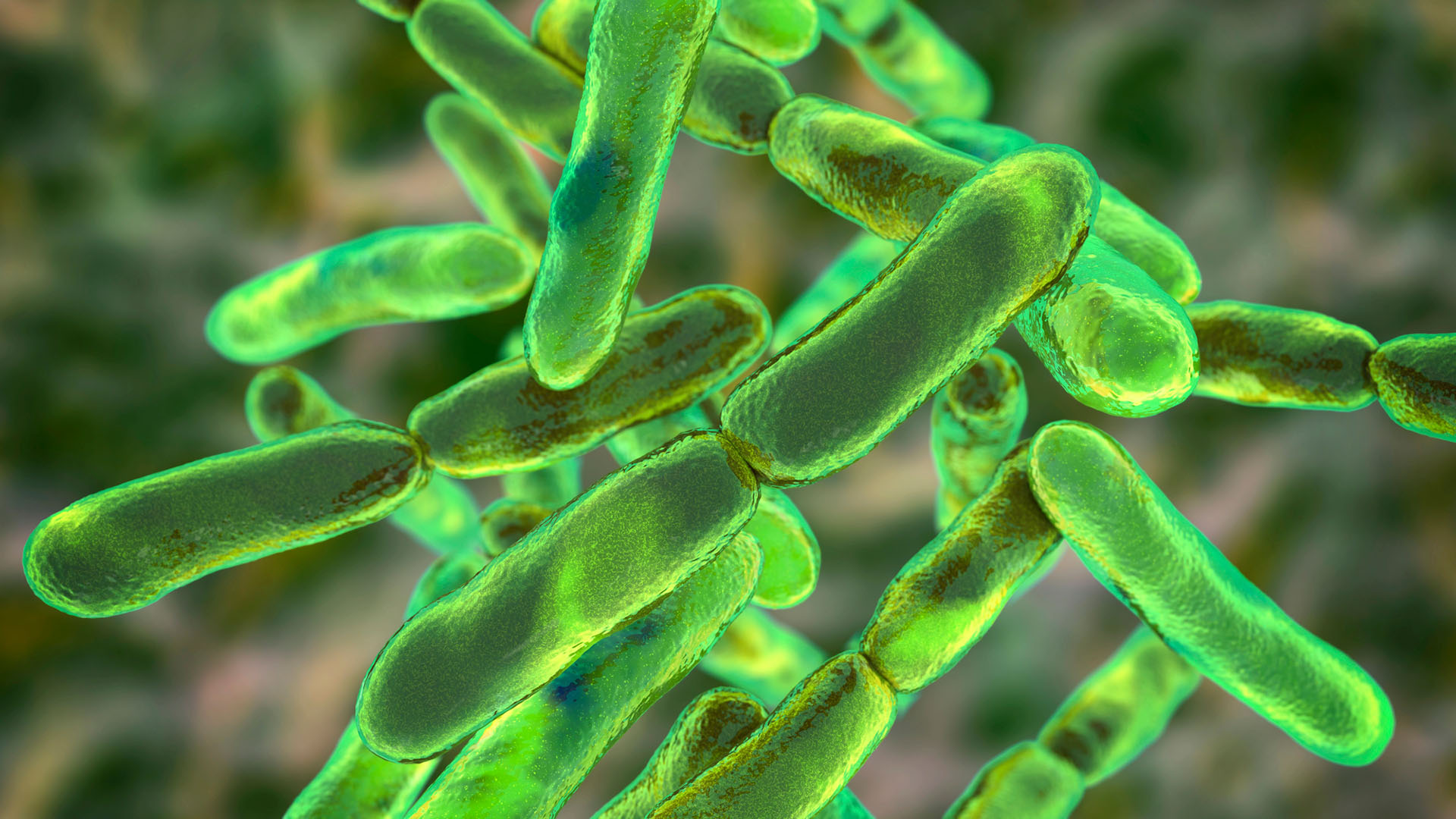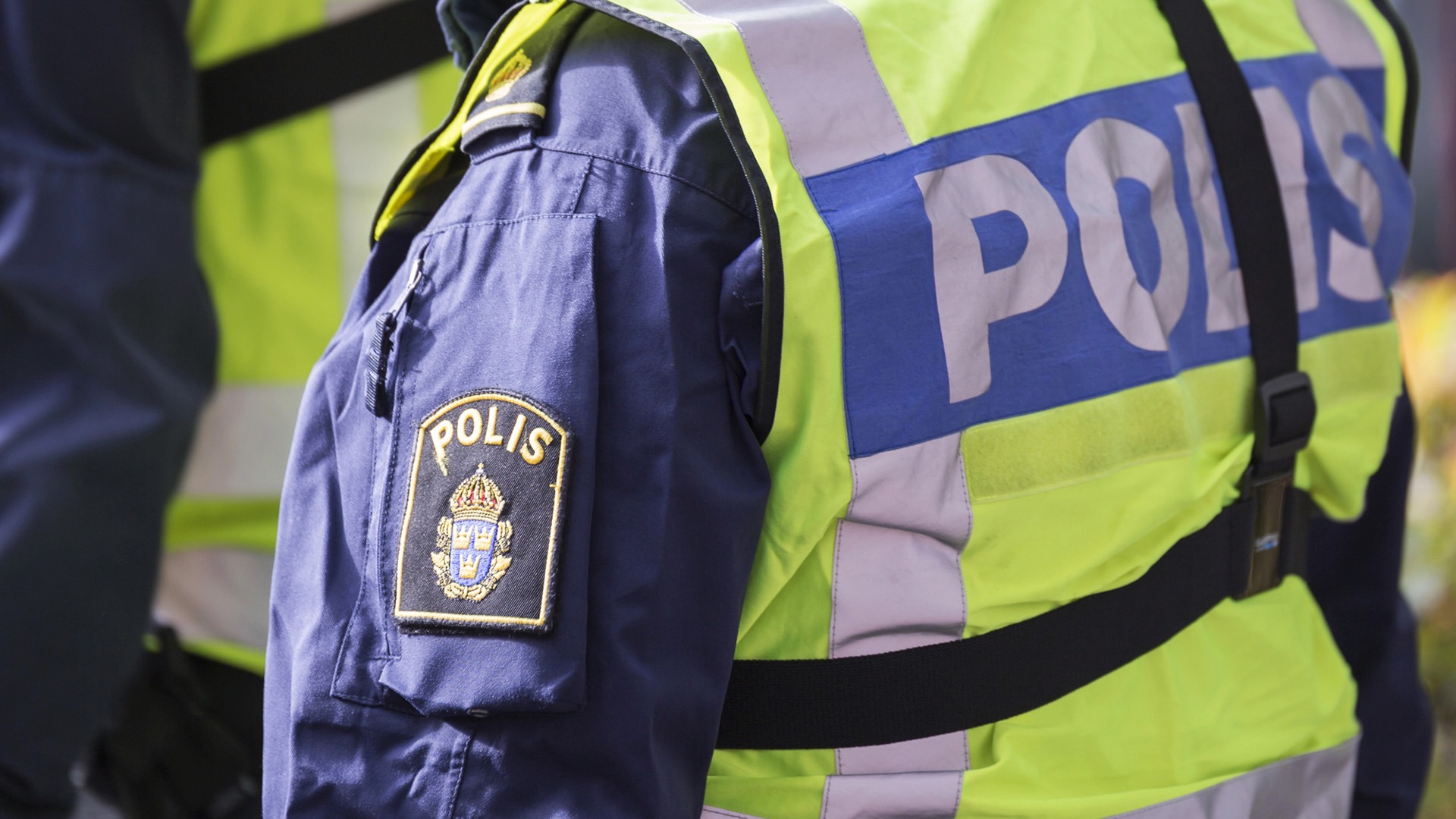Scientists design a tool for detection of rogue molecules ”on the run” in deep space
A research group of the Microtechnology Centre at Chalmers, MC2, at Chalmers University of Technology in Göteborg, Sweden, has developed an ultra-sensitive device for detecting the presence of organic molecules present in space. Organic material as far away from us as many thousands of light years can be discovered this way. The sensor, which has a world record for sensing low amounts of heat, will be a vital part in satellite systems for the Herschel Mission, a remote sensing satellite project at the European Space Agency planned for launching in 2007.
The new device makes use of a so called ”hot electron bolometer”, sensitive for radiation from very small heat sources, occuring when molecules vibrate and rotate. The frequencies of this radiation are between those of heat and those of radiowaves. While standard ”HF” radiowaves have frequencies in the region of millions of Hertz, this radiation is found at thousands of billions of Hertz. The heat waves appearing from molecules far out in the Universe create ”heated” electrons in an antenna which are transferred to a piece of superconducting material with a thickness of 3 and a length of 150 nanometers. This makes the superconducting material change into a normal conductor, giving rise to a dramatic change in electrical resistance which can be detected by an electronic amplifier. All parts of the system have extreme electrical properties from the points of view of sensitivity and noise. The ingredients, detector and amplifier give a maximum resolution power to squeeze information out of any molecular heat spectra.
The bolometric detector device is made of an ultrathin layer of niobiumnitride, a material that is superconducting at temperatures below -263C. With its extremely small dimensions, more than thousand detectors would fit in a cross section of a human hair.
The new device will be presented at the Hannover Fair, April 15 – 20 this year, by the Microtechnology Centre at Chalmers, MC2.
For more information please contact
Assoc. Prof. Harald Merkel, MC2, Microwave technology laboratory, Chalmers
Phone: +46 31 772 1848, e-mail: harald@nt.chalmers.se
Prof. Erik Kollberg, MC2, Microwave technology laboratory, Chalmers
Phone: +46 31 772 1841, e-mail: kollberg@ep.chalmers.se




